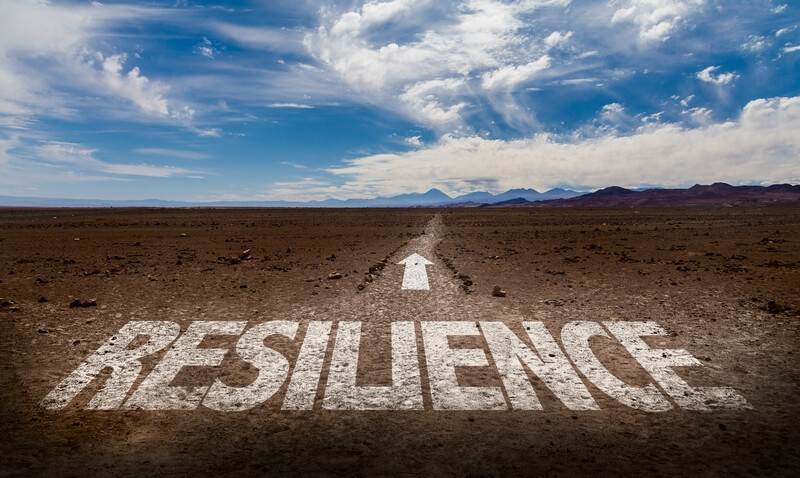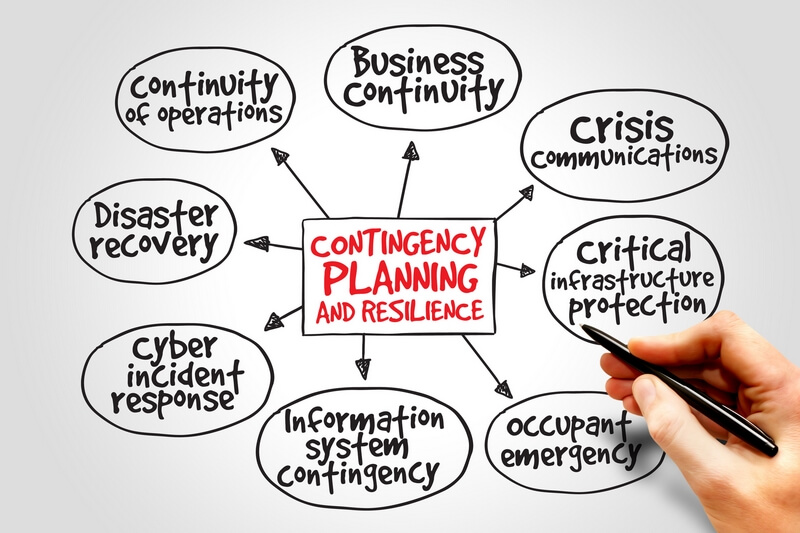
What is resilience anyway?
I describe the benefits of disaster resilience quite often to others in my line of work. Recently, I was in a meeting prepping someone for a workshop on resilience, and I learned that their perception of it is different from mine. It got me to thinking that it would be an excellent topic to discuss. In this blog, I attempt to describe what resilience is, the major types, and what I mean when I say disaster resilience.
When you enter the phrase resilience into the Google search bar, it returns a variety of results. The top search return is psychological resilience, which is a person’s ability to bounce back from hardship. However, it has become a buzz word over the last few years and used in a variety of settings. Besides the psychological aspect, I hear all of the following terms used: family resilience, community resilience, supply chain resilience, and network resilience. It almost seems that the word is in danger of getting so diluted that it will no longer have any meaning.

Psychological resilience
Emotional or psychological is what most people are familiar with when they hear the word resilience. It measures a person’s ability to cope and recover from a traumatic event. The psychological practice focuses on understanding it and helping others build their skills to overcome adversity. Mental resilience is about overcoming calamities and becoming stress inoculated.
Building better resilience is an ability anyone can learn and develop. People of all cultural and diverse backgrounds develop their capabilities in this area. However, development is usually most helpful to individuals who have experienced adversity.

Business resilience
The term business resilience means how well a company responds and recovers from disruptive events. For me, it’s directly related to the crisis response. I was in a meeting recently with a top executive and realized that her use of the word was different from mine. She utilized it in a more traditional view of how a company responds to any incident disruptive to operations.
For her, resilience has a negative connotation not limited to catastrophic events but applied to a broader practice of risk. It encompasses risk in all its forms. At a high-level, it involves risk management, internal business unit adaptability, fraud reduction, and security control. Not only did it include emergency management, but loss prevention, insurance, incident management, and crisis resolution for daily operations. The experience made me reflect that a thought I am forward-leaning in the business continuity space; we are a bit new to the resilience game.

Disaster resilience
From a disaster perspective, resilience is the holistic practice of business continuity. Its focus is on ensuring that companies can continue to operate when catastrophic events happen. It is the process of helping an organization survive threats. And, when done optimally, it helps an organization’s durability.
A disaster-resilient organization is one that engages in preparedness, mitigation, and achieves crisis readiness. By embedding continuity best practices into its operational practice, it can respond and recover quickly from significant events. Resilient crisis management enables a company to prepare staff and develop hardened continuity practices. By investing in a resilience mindset, a company is better able to respond and recover successfully from incidents.

Isn't it all resilience?
At this point, you may be saying that it all seems like variations of the same thing. And yes, resilience is describes our ability to react well to an adverse event and successfully recover from it. So, the next time you hear the word, pay attention to the context.
Regardless if it is describing family, community, network, or disaster resilience, it all relates to how well the individual or system reacts to catastrophe. Today, everyone wants to overcome a crisis with limited impact and emerge stronger. No one wants to be crushed by an event, whether it is a personal emergency or a severe weather event that disrupts global supply lines. We don’t have time for that, so our only resource is to excel at dealing with significant disruptions. The way to do that is to strengthen and maintain our resilience abilities.

Final thoughts
Resilience is used in psychology to measure one’s ability to recover quickly from a distressing experience. Achieving it means an individual can withstand difficulties without longterm adverse outcomes. Its use has evolved to describe how well systems, organizations, and groups can overcome disruptions.
In my field, it delineates successful business continuity programs from weak ones. The practice can highlight how well-tuned public and private emergency systems are. It is a measure of success and identifies areas for improvement. Disaster resilience is the ability of people, places, and organizations to adapt to crisis events and recovery from them, without losing their ability to thrive.
If you’d like to read more on related topics, check out my blog on Why Businesses Fail At Disaster Planning and the importance of building personal resilience Self-Care For Disaster Professionals.
